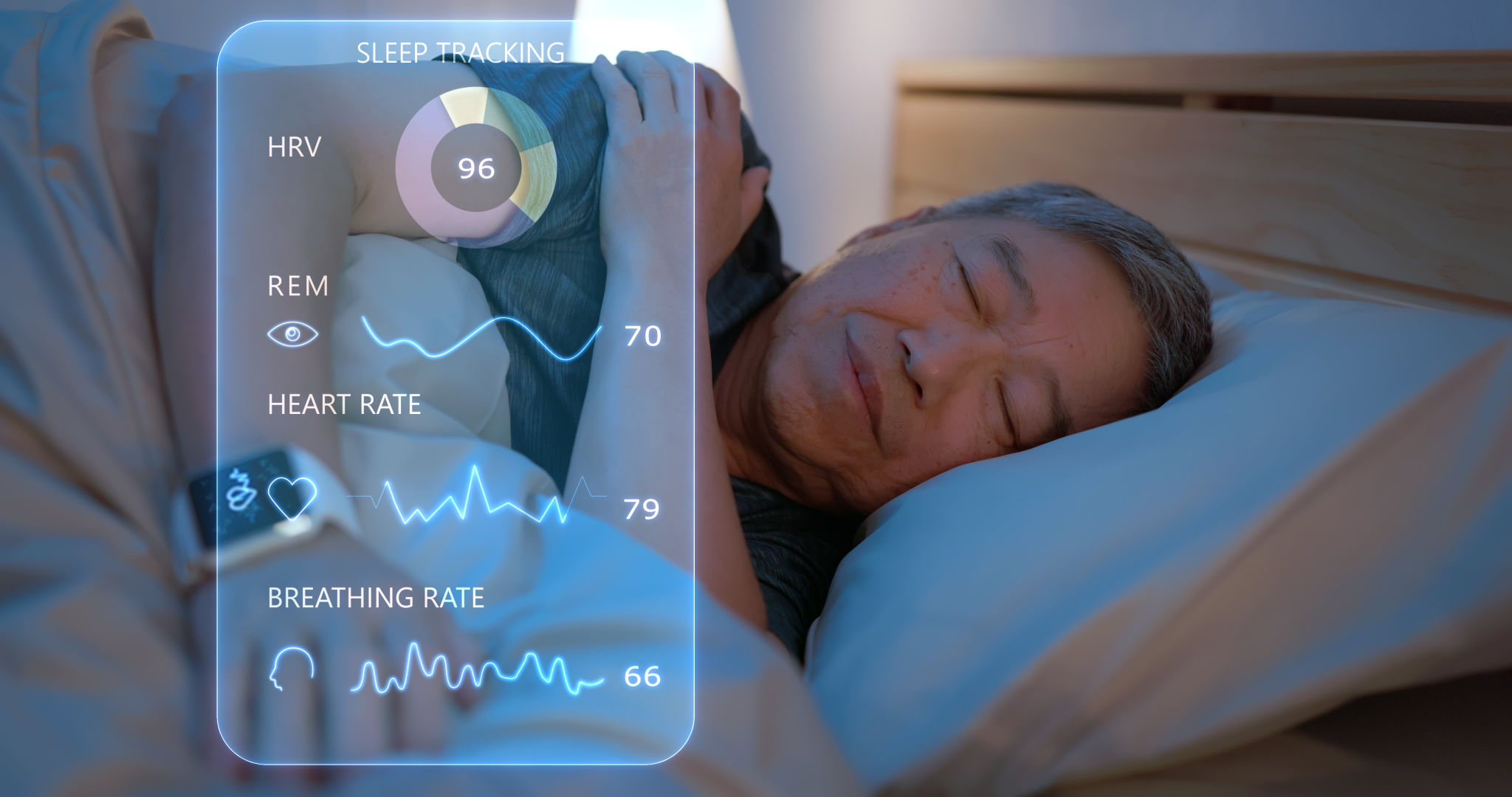Top 5 Myths About Sleep Studies Debunked
Understanding Sleep Studies
Sleep studies, often referred to as polysomnography, are critical tools in diagnosing sleep disorders. However, they are surrounded by several myths that can deter individuals from seeking necessary evaluations. Let's debunk some of the most common misconceptions about sleep studies.

Myth 1: Sleep Studies Are Uncomfortable
One of the biggest myths is that sleep studies are uncomfortable or intrusive. In reality, while sensors are placed on the body to monitor various physiological parameters, they are designed to be as non-intrusive as possible. Most patients find they can sleep reasonably well under these conditions.
Myth 2: Sleep Studies Are Only for People with Severe Sleep Problems
Another common misconception is that sleep studies are reserved for those with severe sleep disorders. In truth, they are valuable for diagnosing a range of issues, from mild sleep apnea to more complex sleep disturbances. Early diagnosis can lead to more effective treatment.

Myth 3: You Need to Go to a Hospital for a Sleep Study
Many people believe that sleep studies can only be conducted in a hospital setting. While in-lab studies are common, there are also at-home sleep study options available. These home-based studies can be more convenient and comfortable for many patients, providing accurate results in the comfort of one's own bed.
The Cost and Effectiveness of Sleep Studies
Cost is often cited as a reason to avoid sleep studies. Many assume they are prohibitively expensive and not covered by insurance.
Myth 4: Sleep Studies Are Expensive and Not Covered by Insurance
Contrary to popular belief, many insurance plans do cover sleep studies, especially if deemed medically necessary by a healthcare provider. It's important to check with your insurance company about coverage details and potential out-of-pocket costs.

Myth 5: Sleep Studies Are Not Effective
Some individuals doubt the effectiveness of sleep studies, fearing they won't provide clear answers. In fact, sleep studies offer comprehensive data that helps healthcare professionals diagnose and treat sleep disorders effectively. With advancements in technology, these studies have become even more precise and reliable.
The Importance of Sleep Health
Understanding the truth behind these myths is crucial for anyone experiencing sleep issues. Addressing sleep disorders not only improves quality of life but also reduces the risk of associated health conditions such as cardiovascular disease and depression.
If you're experiencing chronic sleep problems, consider consulting with a healthcare provider about the possibility of a sleep study. It's an important step toward achieving better sleep and overall health.